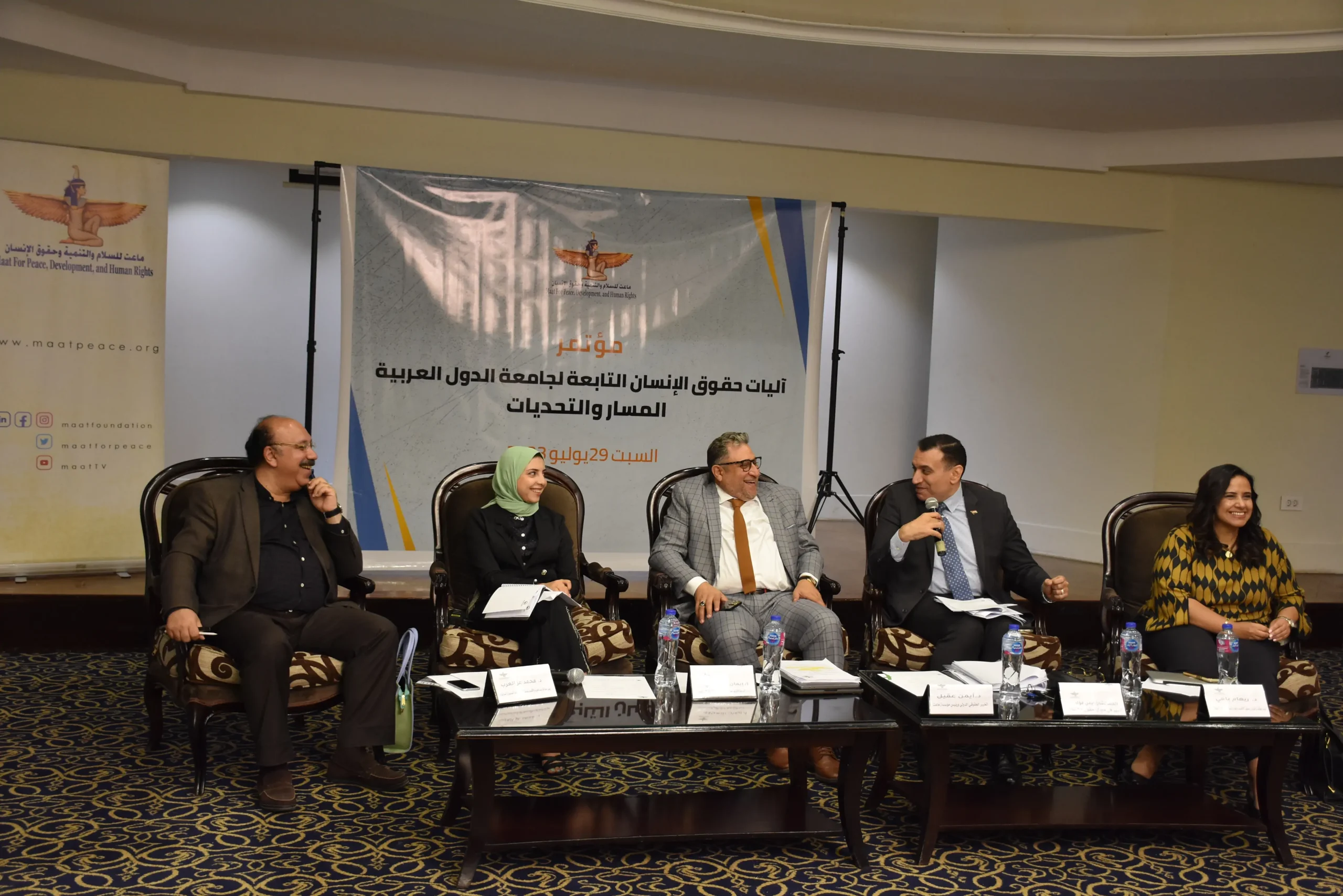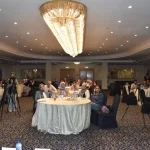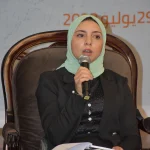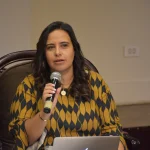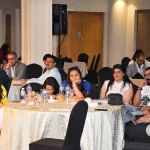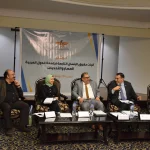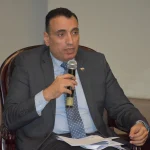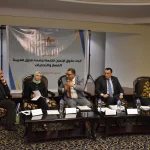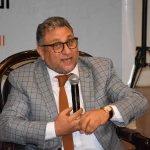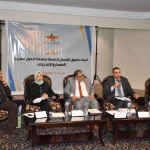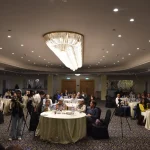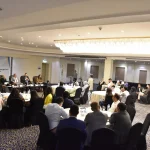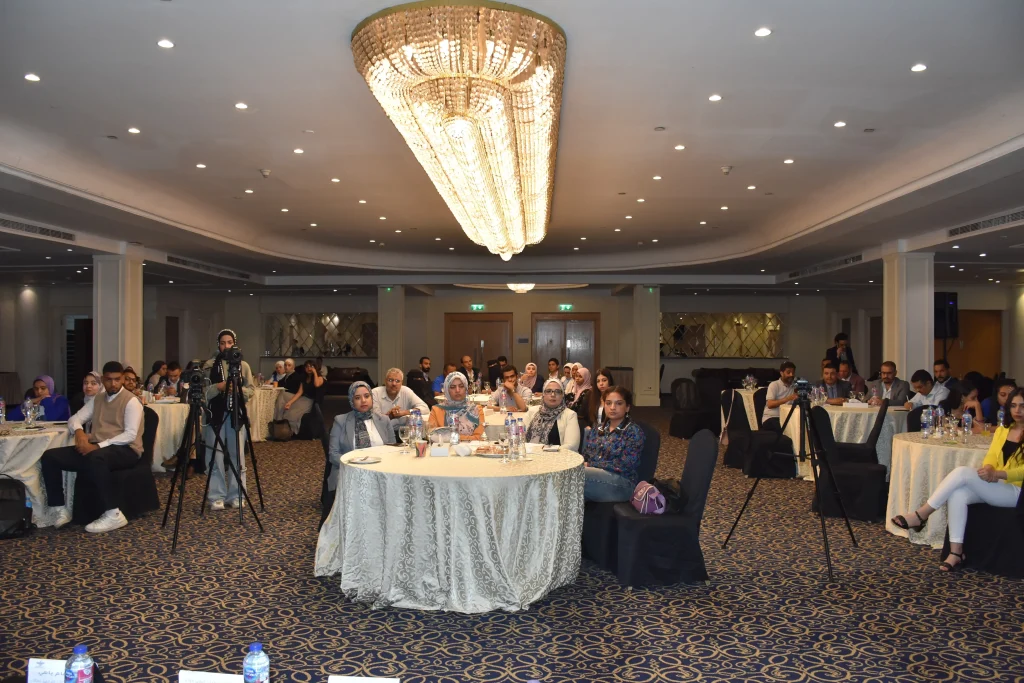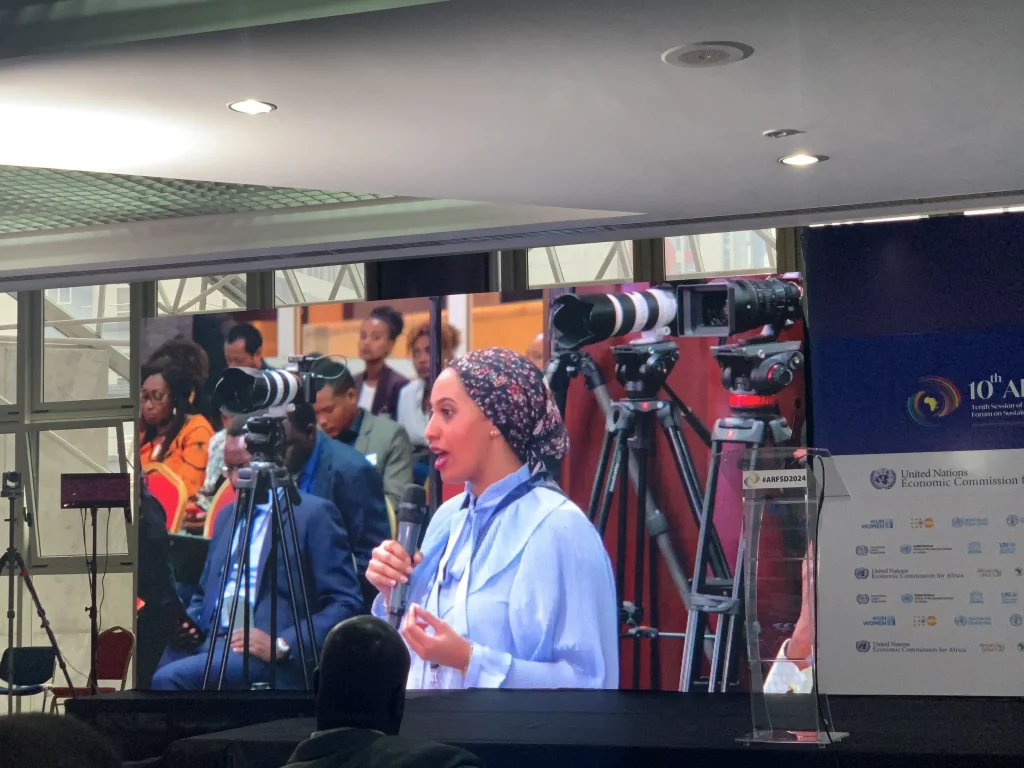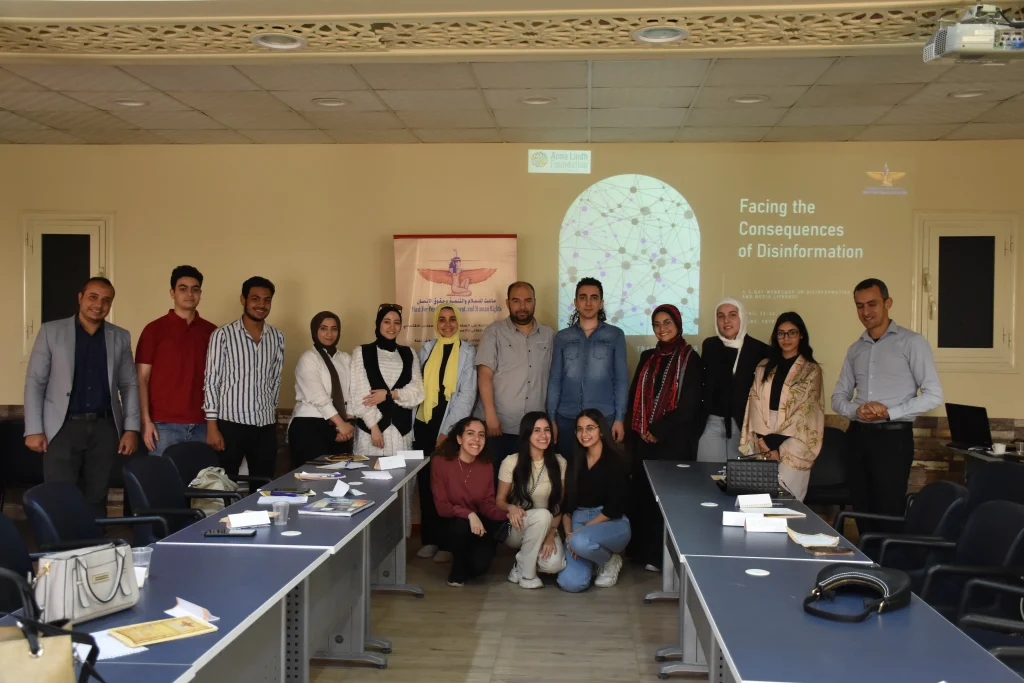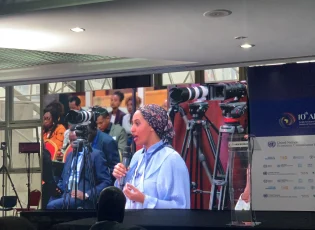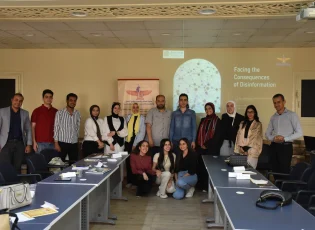Maat for Peace, Development and Human Rights has convened a conference entitled "Human Rights Mechanisms of the League of Arab States: Path and Challenges", in order to assess the role played by the regional human rights mechanisms of the League of Arab States in measuring the progress made in the functioning of these mechanisms and the challenges that impede the implementation of the mandate of the Arab League's human rights commissions and departments. Mr. Ayman Okeil, an International Human Rights Expert and Chairman of Maat, participated in the Conference along with Dr. Mohamed Azab Al-Arab, Head of the Arab and Regional Studies Unit at Al-Ahram Centre for Political and Strategic Studies; Dr. Reham Bahi, Professor of International Relations at the Faculty of Economics and Political sciences, Cairo University; Ayman Fouad, a Human Rights Expert; and Mrs. Iman Al-Shaarawy, Director of the African Studies Unit at the Regional Future Center for Strategic Studies, who moderated the Conference.
During the Conference, speakers stressed that the human rights Arab regional system of the Arab Charter on Human Rights and the Charter's Committee to monitor the implementation of its provisions fell short of its mandated roles. This regional system needs radical reform that requires genuine cooperation between the League of Arab States and its human rights mechanisms and Arab civil society organizations. Participants in the Conference expressed their dissatisfaction with the widening gap between the LAS and CSOs in the Arab region due to the complex conditions and procedures imposed by the Arab League before organizations seeking to participate in the League's activities.
Speakers also addressed the challenges faced by human rights mechanisms within the LAS, topped by the unfair conditions for granting observer status to CSOs and the constraints and obstacles faced by such organizations in trying to access information on such mechanisms as well as impeding the participation of Arab civil society organizations in the League's Arab summits. The speakers compared the Arab human rights mechanisms with its African and Latin American counterparts, and clarified that while 557 CSOs are having an observer status in the African Commission on Human and Peoples' Rights and 446 organizations in the Inter-American Commission on Human Rights, only 51 out of more than 369 thousand CSOs in 18 Arab State are Arab organizations.
In this context, Ayman Okeil, an international human rights expert and Chairman of Maat, said that in 2016 the Arab League announced a new decade for Arab civil society. However, despite the passage of seven years since now, nothing has been achieved, which widens the gap between the Arab League and civil society organizations. Okeil criticized the LAS for not documenting this declaration in writing so that it could be evaluated. The resolutions adopted by the LAS affirmed the need of CSOs to participate in the League's activities, but those resolutions remain mere ink on paper. Besides, Okeil criticized the recent decision taken by the Arab Permanent Committee on Human Rights, which has delayed efforts to establish uniform standards for granting observer status to CSOs on the pretext that further study was needed. These endeavors have been initiated in 2014 with Resolution No. 7788 calling for the preparation of a final draft of unified criteria that Arab CSOs must meet in order to obtain an observer status in the Arab League organs and mechanisms. Okeil demanded amending the mandate of the Arab Permanent Committee on Human Rights to allow it appoint special rapporteurs on specific issues, similar to regional human rights commissions.
Counselor Ayman Fouad, a human rights expert, pointed out that the lack of consistency between international human rights conventions and Arab charters is due to the specificity of each geographical region. Fouad called for observing the principle of positive discrimination when considering the rights contained in international and regional human rights conventions. Fouad also called for the need to engage in the work of international human rights mechanisms and the universal periodic review mechanism with which all Arab States comply. In this context, the Arab States attached priority to the submission of their human rights review of international mechanisms while overlooking regional human rights mechanisms.
For his part, Dr. Mohammed Azab al-Arab, head of the Arab and Regional Studies Unit of the Al-Ahram Centre for Political and Strategic Studies, said that Arab States face physical challenges, including increasing external interventions in Arab States and the proliferation of armed conflicts. He called for cooperation between the Arab League's human rights departments and NGOs to take advantage of other regional international mechanisms such as the European human rights system. Azab al-Arab also criticized the slow-footed attempts made by the League of Arab States to improve human rights.
Dr. Reham Bahi, Professor of International Relations at the Faculty of Economics and Political Science, Cairo University, stressed that under the new regional theory, regional institutions such as the League of Arab States and human rights mechanisms are required to share burdens among all partners to meet local challenges. Bahi also drew attention to articles of the Arab Charter on Human Rights that are inconsistence to international human rights conventions.
At the Conference conclusion, Iman Al-Shaarawy, Director of the African Studies Unit at the Regional Future Center for Strategic Studies, outlined the recommendations made by participants, which included the Arab League’s consideration of the issuance of an "Evaluative Study" seven years after announcing the Arab Decade for Civil Society Organizations to highlight the objectives that have been achieved so far; launching awareness campaigns to educate the public about the Arab Decade for Civil Society Organizations and urging CSOs to engage in the activities of the LAS; ensuring availability of LAS-related documents and information to facilitate its real interaction with civil society; amending the by-laws of the Arab Commission for Human Rights to help the Commission perform its mandate in an optimal manner and to allow the largest number of civil society organizations to participate in the activities of the Commission; implementation of Arab League Council Resolution No. 7788 calling for the preparation of a final draft of unified criteria that Arab CSOs must meet in order to obtain an observer status in the Arab League organs and mechanisms; creating independent websites for the LAS human rights mechanisms; recommending the LAS to consider publishing the agenda of its key meetings, such as the summit, well ahead of meeting time so that actors and stakeholders can view the schedule; and working on the implementation of Resolution 76/2003 adopted by the United Nations Commission on Human Rights, which calls on the League of Arab States and other regional organizations to join NGOs in their endeavors to "modernize" the Arab Charter for Human Rights.


